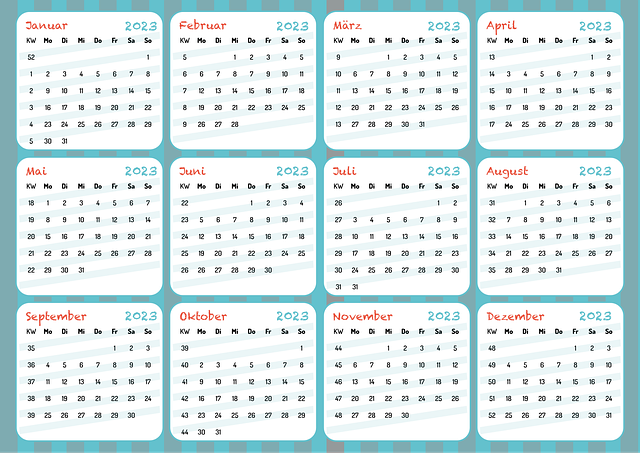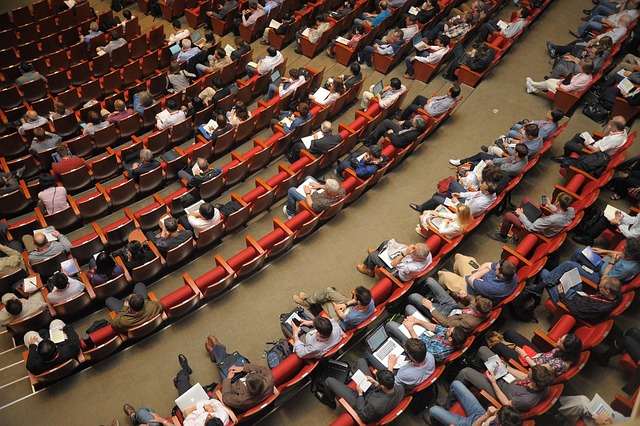Successful Event Planning for Local Businesses relies on understanding community needs through engagement with residents, business owners, and leaders. Collaboration between businesses and event organizers creates win-win partnerships, enhancing community unity, boosting local economies, and ensuring memorable experiences. Effective communication, involving clear planning documents and timely updates during events, strengthens these ties, fostering collaboration for future Event Planning for Local Businesses.
Community events bring people together and foster a sense of belonging. Efficient event planning is key to creating memorable experiences. This guide explores the art of organizing community events that resonate with local audiences, focusing on strategic approaches for businesses aiming to enhance community engagement. From understanding community needs to collaborating with local enterprises, we delve into essential aspects of successful event management. Effective communication strategies complete the picture, ensuring your initiatives leave a lasting impact and strengthen relationships between businesses and their communities.
- Assessing Community Needs for Event Planning
- Collaborating with Local Businesses for Support
- Effective Communication for Successful Events
Assessing Community Needs for Event Planning

Understanding the needs and preferences of your community is a fundamental step in successful event planning. It involves engaging with local businesses, residents, and community leaders to gather insights on what matters most to them. This process ensures that events are not only enjoyable but also aligned with the goals and aspirations of the community they serve.
Event planners can organize focus groups, surveys, or community meetings to assess these needs. By asking about their interests, challenges, and desired outcomes, organizers can tailor activities that foster engagement, build connections, and create a positive impact. For instance, local businesses might prioritize networking events to foster collaborations, while residents may express interest in cultural festivals showcasing the area’s diversity. Incorporating these insights into event planning for local businesses results in more meaningful gatherings that resonate with the community.
Collaborating with Local Businesses for Support

Many successful community events depend heavily on collaboration with local businesses for support. This partnership can be a game-changer, offering valuable resources and expertise that event organizers might not have access to. Businesses can provide financial backing, in-kind donations, or even volunteer their staff’s time, ensuring the event’s smooth execution. For instance, local restaurants could cater food, retailers could sponsor promotional items, and service providers may offer discounted services for stage setup or entertainment.
Event planning for local businesses offers a two-way benefit. Businesses gain visibility and an opportunity to engage with the community they serve, while organizers receive much-needed assistance. This collaboration fosters a sense of unity within the community, strengthens local economies, and enhances the overall success of events, creating lasting memories and positive experiences for all involved.
Effective Communication for Successful Events

Effective communication is a cornerstone of successful event planning, especially when organizing community events for local businesses. It involves clear and consistent messaging to ensure all stakeholders—from business owners and volunteers to attendees—are aligned and engaged. This includes detailed planning documents that outline objectives, timelines, and roles, making it easier for everyone involved to understand their contributions.
During the event, active communication maintains momentum. It encourages participation by keeping people informed about schedules, activities, and any last-minute changes. Utilize various channels like email newsletters, social media updates, and on-site announcements to reach a diverse audience. This multifaceted approach not only enhances the overall experience but also strengthens relationships between local businesses and their community, fostering collaboration for future events.
Community events, when organized effectively, can bring people together and foster a sense of belonging. By assessing local needs, collaborating with businesses, and utilizing clear communication strategies, event planners can create memorable gatherings that benefit both residents and local businesses. This holistic approach to event planning not only enhances community spirit but also drives economic growth through increased engagement and partnership opportunities for local enterprises. Embracing these strategies is key to successful Event Planning for Local Businesses, ensuring vibrant communities thrive in the digital age.
